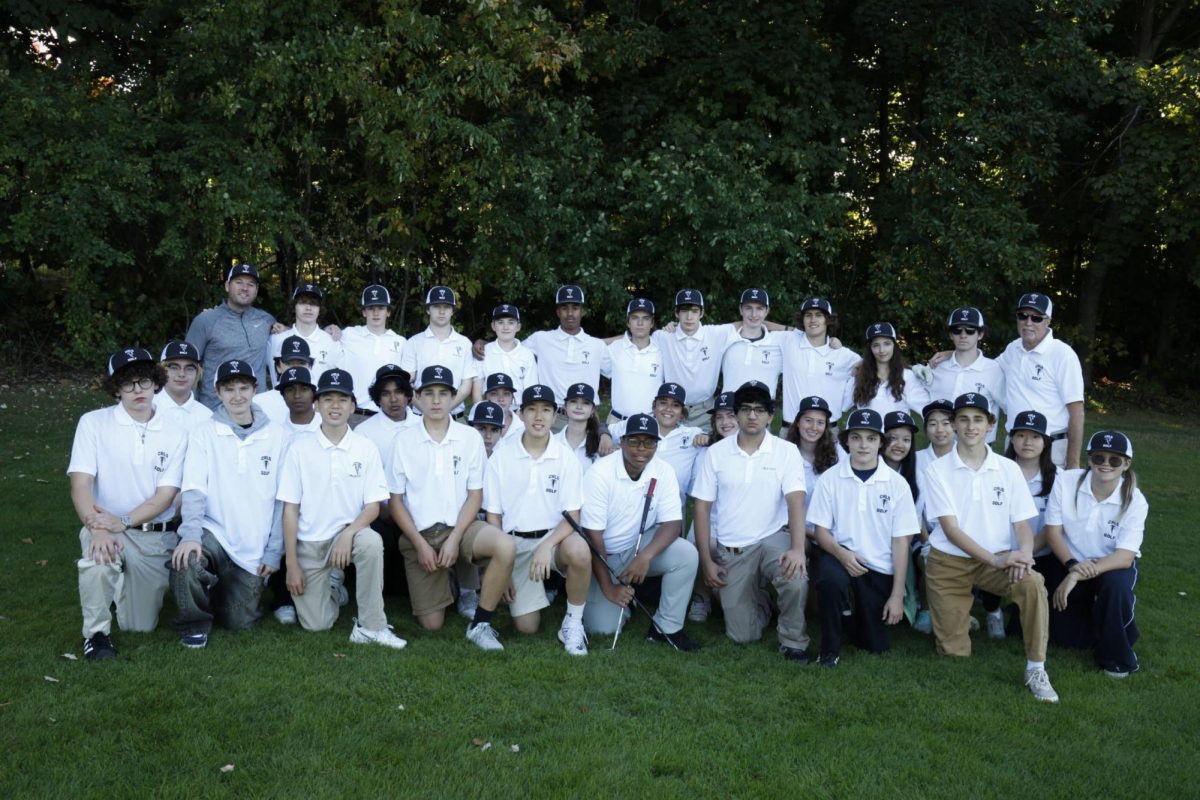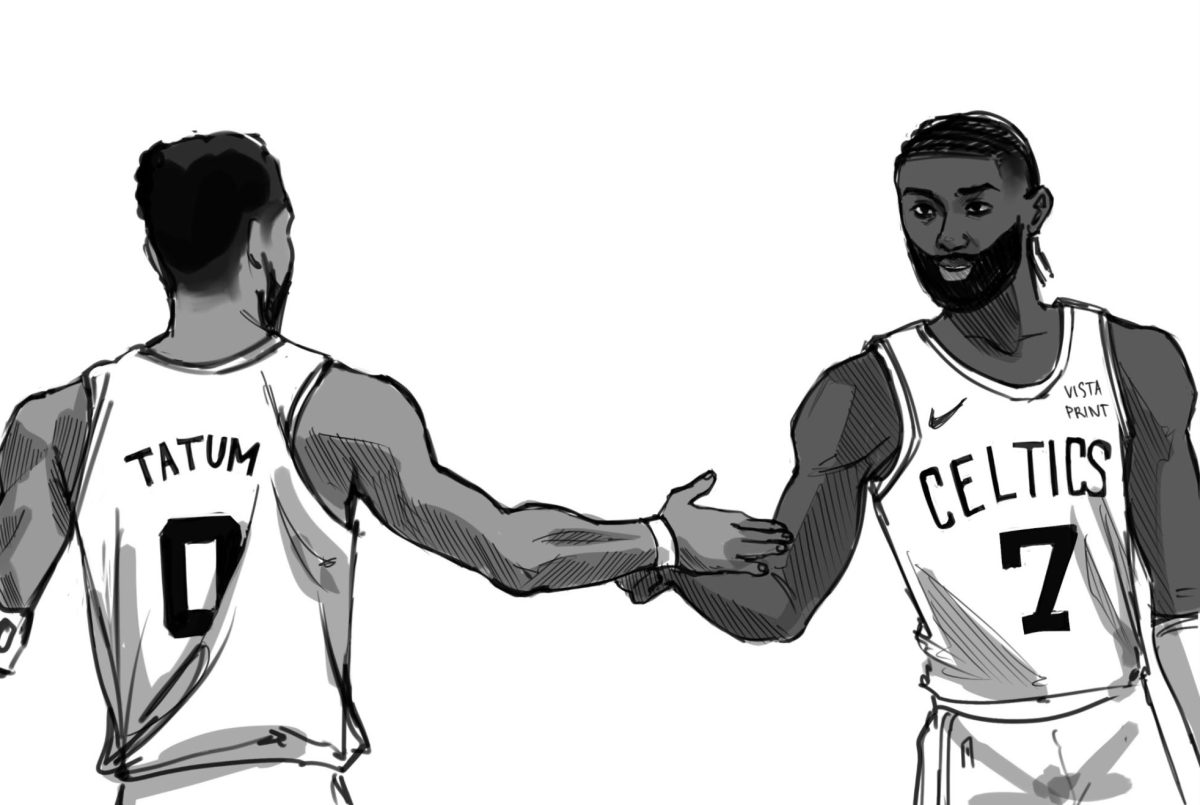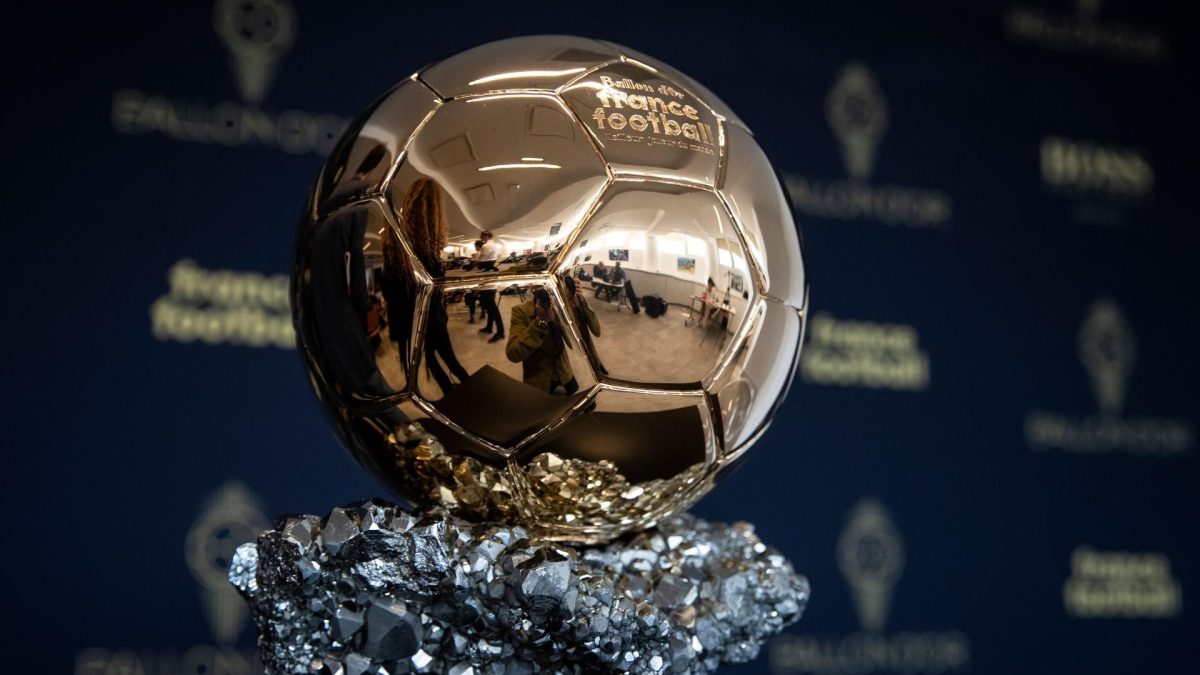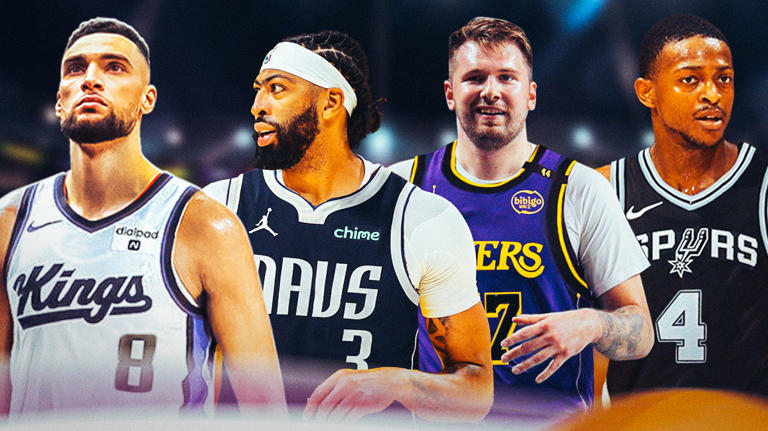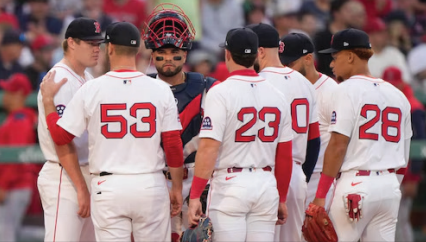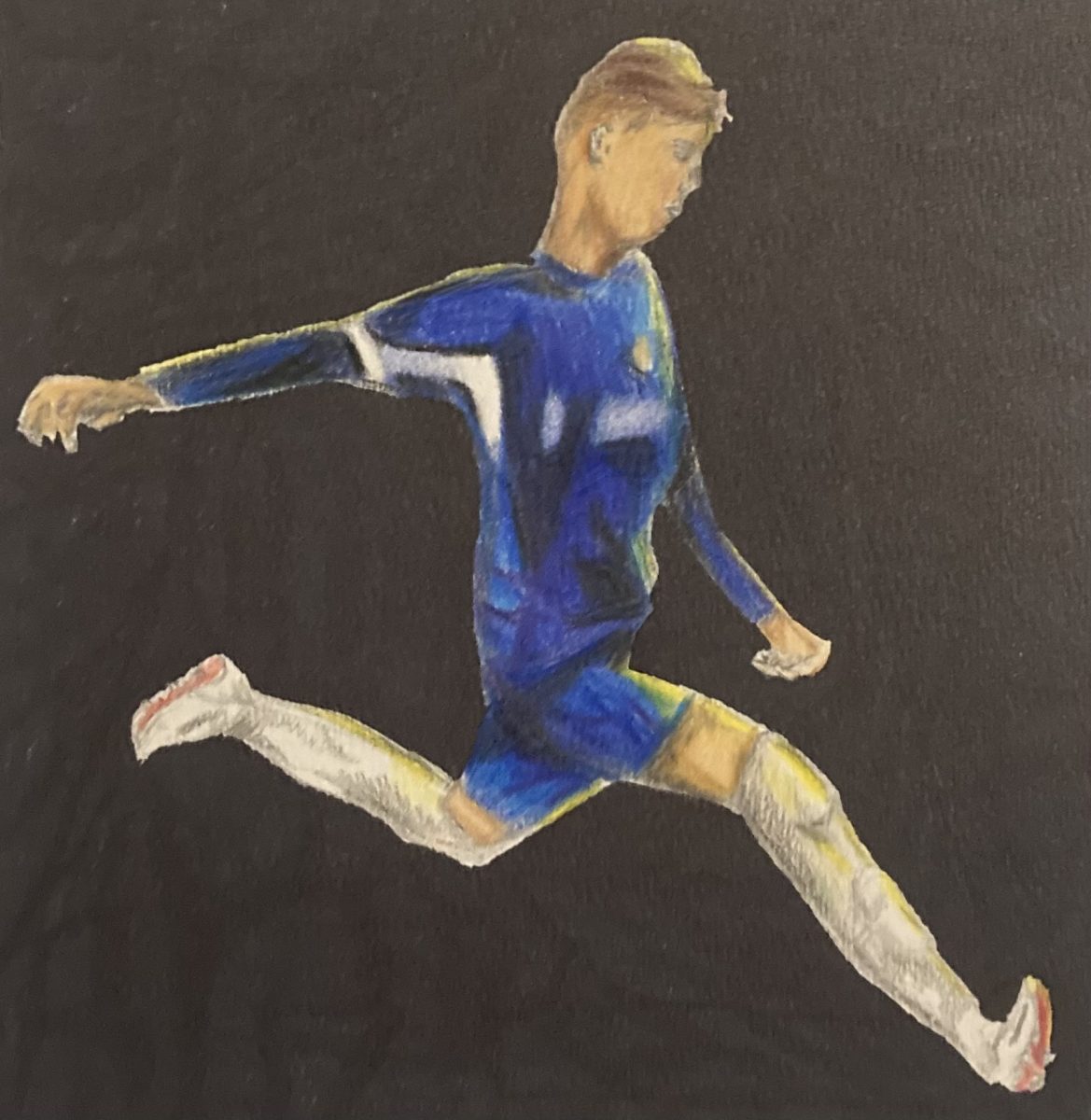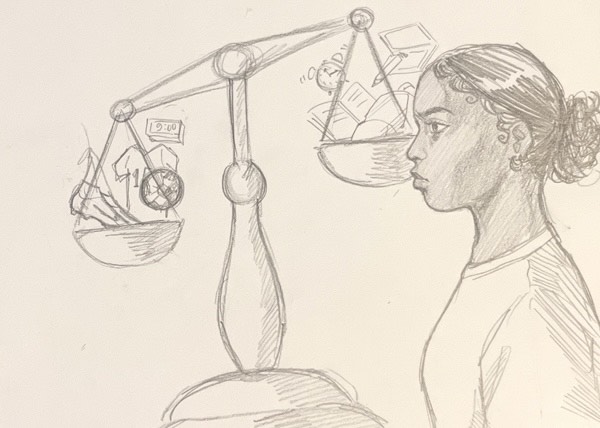Captains of the World is a newly released sports documentary created by Netflix in collaboration with FIFA+ that follows every aspect of the 2022 World Cup. A six-episode limited series, the show details the experiences of all 32 teams throughout the month-long span of the most watched tournament in the world. However, it specifically centers around the captains of the national teams, featuring never-before-seen interviews from some of the biggest names in the world, including Lionel Messi, Cristiano Ronaldo, Harry Kane, Hugo Lloris, Tiago Silva, and more. Several appearances are made by other players, coaches, journalists, and notable football figures, providing us with a new perspective on the remarkable competition we first witnessed just over a year ago.
Unsurprisingly, the timeline of the series matches up chronologically with the structure of the tournament. The first couple of episodes document the group stages, specifically the most memorable games, such as Saudi Arabia’s groundbreaking upset over Argentina, and Japan’s dazzling road to the top of a seemingly insurmountable Group E. From the start, the documentary allows us to feel the same excitement and anticipation as if we are watching the games for the first time. The pacing of the series is top-notch, offering well-edited montages of the matches for a faster tempo, while still providing more lengthy, tension-building scenes during the lead-up to a decisive match. As the show progresses throughout the knockout stages, these emotion-inducing moments make it feel as though we are reliving the World Cup.
Despite being a sports documentary, the show makes it almost immediately apparent that its purpose is not just to cover the football aspect of the tournament, but also the history, the meaning, and even the politics surrounding it. Issues, such as the controversy around the treatment of migrant workers while building Qatar’s stadiums, as well as Iran’s anti-government protests following the death of Mahsa Amini, were addressed. In detailing Iran’s 2-0 win over Wales during the group stage, the series highlights Iranian captain Ehsan Hajsafi as he discusses the pride that came along with defeating Wales and giving hope to his country.
Evidently, this sense of passion and unity was one that every country seemed to share, but in their own unique way. No matter any team’s outcome, nations came together—players with fans who they were representing, and fans with players who they considered heroes—for reasons greater than football. Some collectively commemorated football legends, such as Diego Maradona of Argentina, Papa Boupa Diop of Senegal, and Pelé of Brazil. Others sought togetherness through their country’s unforeseen success; Morocco became the first African nation to ever make it to the semifinals, igniting echoes of pride and hope throughout Morocco and ultimately, the entire continent of Africa.
A World Cup like no other, the legacy of the 2022 competition lives on in the memories, the victories, and the triumphs documented in this series. If you haven’t watched it, go do so, and let the poetic words of British football announcer Pete Drury please your ears as he narrates a time where dreams become reality, where “our planet unites around its ultimate game.”
This article also appears in our February 2024 print edition.



